Maxillofacial injuries, also referred to as facial trauma, encompass any injury to the mouth, face and jaw. Almost everyone has experienced such an injury, or knows someone who has. Most maxillofacial injuries are caused by a sports mishap, motor vehicle accident, on-the-job accident, act of violence or an accident in the home. Facial injuries can include injury to the teeth, injury to the skin, and injury to the bones of the face.
If a person is unconscious, disoriented, nauseated, dizzy or otherwise incapacitated, call 911 immediately. Do not attempt to move the individual yourself. If these symptoms are not present but the injury is severe or you are uncertain about its severity, take the person to the nearest hospital emergency room as quickly as possible.
Oral and Maxillofacial Surgeons Treat Injuries to Teeth, Mouth, Jaws and Facial Structures
Professionals that deal with facial injuries must be well versed in emergency care, acute treatment, long-term reconstruction and rehabilitation. An oral surgeon is trained and skilled in the physical as well as the emotional aspects of facial injury. These types of injuries are traumatic physically, but also have a high degree of emotional trauma for the patient. There is a science and an art to treating these injuries, and our OMS Doctors are uniquely qualified to manage and treat these types of injuries. They are also on staff at local Illinois and Wisconsin hospitals, and provide emergency room coverage for facial trauma injuries.
Soft Tissue Facial Injuries
Soft tissue injuries include lacerations to the face and intra oral lacerations. These are repaired by suturing, or stitching. Oral & Maxillofacial surgeons are trained to take care to obtain the best cosmetic results possible. They also carefully inspect and treat injuries to facial nerves, salivary glands, and salivary ducts. It is important that not only the soft tissue on the face is treated, but the underlying structures as well.
Bone Injuries of the Maxillofacial Region
Fractures of the facial bones (cheek, nose, eye socket, jaw) must be stabilized, much as any other bone in the body that has been fractured. Since a cast cannot be applied to the face, as it would to an arm or leg, oral surgeons must use other methods for stabilization. Rigid fixation is one method, whereby the jaws are stabilized by surgical placement of small plates and screws. This allows for healing of the bone, and is not as restrictive as when the jaws are wired together. Wiring the jaws together is more restrictive, but is also another treatment option.
Your doctor will determine the best form of treatment for the injury, based upon the location of the fracture, the severity of the injury, age of the patient, and general health. The ultimate goal is that the patient’s facial appearance is minimally affected. Any incisions made are designed to be small, and are placed so that the resulting scar is minimized or hidden as much as possible.
Injuries to the Teeth
Injuries to the teeth and surrounding dental structures may require the expertise of several dental specialists. Oral surgeons are involved when injuries include fractures in the supporting bone, or when teeth that have been displaced or knocked out need to be replanted. The other specialists that may be involved include endodontists, who can perform root canal surgery, and/or restorative dentists, who can repair or rebuild fractured teeth.
Saving a Tooth
If a tooth is knocked out of its socket, it should be placed in milk or salt water. The sooner the tooth is re-inserted into the socket, the better the chances are that it will survive. Never attempt to clean or wipe off the tooth. Remnants of the ligament that hold the tooth in place may still be attached, and could be vital to the success of replacing the tooth. When the tooth cannot be saved, dental implants can now be utilized as replacements for missing teeth.
Our Board Certified Oral Surgeons have the hands-on experience and extensive specialized training required to treat facial trauma injuries. They are highly qualified to provide emergency room care, acute treatment, long-term reconstruction of facial injuries, and physical and emotional rehabilitation of the patient.

Treating our patients as we would our own families.
Lake Geneva Oral & Maxillofacial Surgery
Doctors Conlon, Bruksch, Ozment, Richard, Fay, and Schmidt
312 Center St. | Lake Geneva, WI 53147
Phone: 262-248-8766 | Fax: 262-248-6790
Office Hours
Monday – Friday 8:00 am – 5:00 pm
Saturday 8:00 am – noon
Hours may vary occasionally due to hospital surgery and emergencies.




